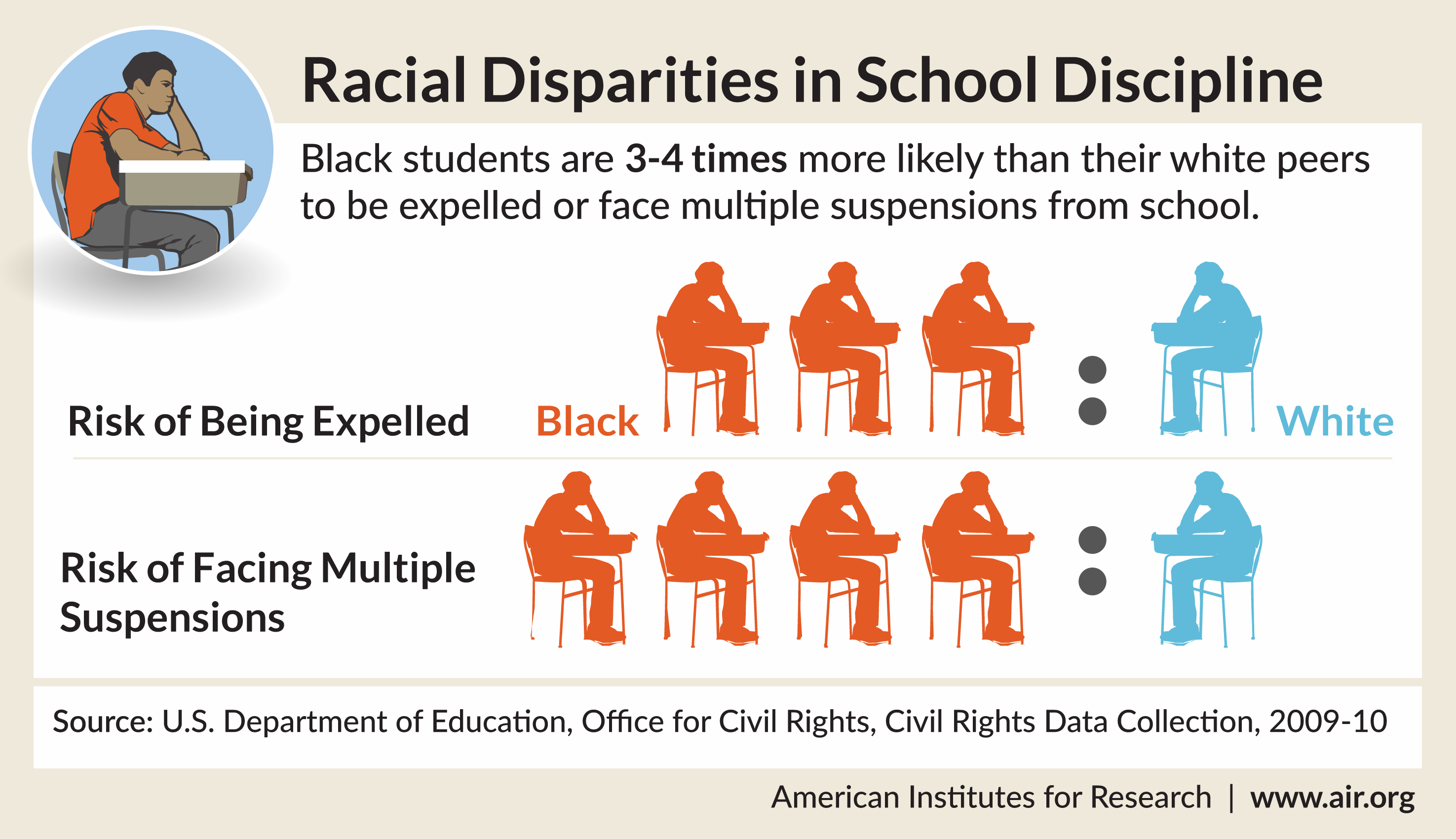The theory is wrong
Harper attended a professional-development day at one of the district's lowest-performing elementary schools. The teachers were talking about how students should attack words in a story. When a child came to a word she didn't know, the teacher would tell her to look at the picture and guess.
The most important thing was for the child to understand the meaning of the story, not the exact words on the page. So, if a kid came to the word "horse" and said "house," the teacher would say, that's wrong. But, Harper recalls, "if the kid said 'pony,' it'd be right because pony and horse mean the same thing."
Harper was shocked. First of all, pony and horse don't mean the same thing. And what does a kid do when there aren't any pictures?
This advice to a beginning reader is based on an influential theory about reading that basically says people use things like context and visual clues to read words.
The theory assumes learning to read is a natural process and that with enough exposure to text, kids will figure out how words work.
Yet scientists from around the world have done thousands of studies on how people learn to read and have concluded that theory is wrong.
One big takeaway from all that research is that
reading is not natural; we are not wired to read from birth. People become skilled readers by learning that written text is a code for speech sounds. The primary task for a beginning reader is to crack the code. Even skilled readers
rely on decoding.
The Gap Between The Science On Kids And Reading, And How It Is Taught
So when a child comes to a word she doesn't know, her teacher should tell her to look at all the letters in the word and decode it, based on what that child has been taught about how letters and combinations of letters represent speech sounds. There should be no guessing, no "getting the gist of it."
And yet, "this ill-conceived contextual guessing approach to word recognition is enshrined in materials and handbooks used by teachers,"
wrote Louisa Moats, a prominent reading expert, in a 2017 article.
The contextual guessing approach is what a lot of teachers in Bethlehem had learned in their teacher preparation programs. What they hadn't learned is the science that shows how kids
actually learn to read.
"
We never looked at brain research," said Jodi Frankelli, Bethlehem's supervisor of early learning. "We had never, ever looked at it. Never."
The educators needed education.
 what 7 year old spends more time at school than at home
what 7 year old spends more time at school than at home .
.
 . And no it wasn't just my school it's like that all throughout brooklyn, all throughout nyc, and all throughout the country.
. And no it wasn't just my school it's like that all throughout brooklyn, all throughout nyc, and all throughout the country. 






 in reading when compared to the rest of the world because 99% of schools don't gaf about the process. They just do it the way it's been done, results and science be damned:
in reading when compared to the rest of the world because 99% of schools don't gaf about the process. They just do it the way it's been done, results and science be damned:
